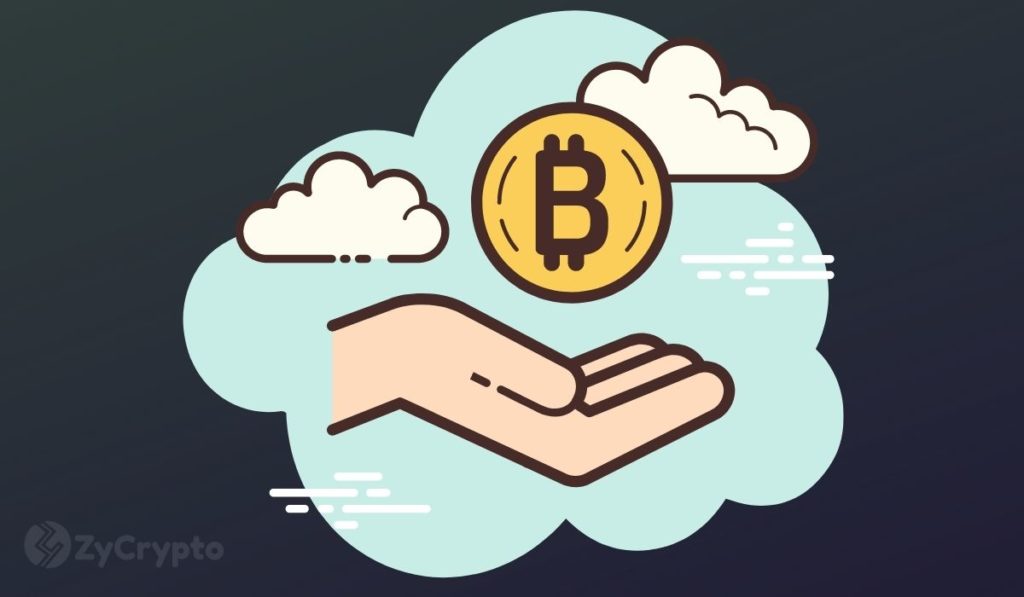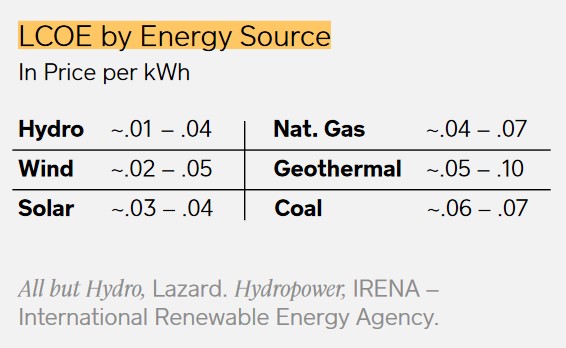
2021-11-27 03:00 |
Decentralizing technologies like Bitcoin are critical for individual sovereignty in our digital future.
Whether it's how people live, their ability to travel to different places or how assets are all completely digitized, the world is swiftly changing. In the cryptocurrency industry, we operate in an entirely digital format while many of us strive to maintain privacy and preserve the sovereignty of the individual. This means not only the sovereignty of one’s assets, but also the sovereignty of how you work, where you work, where you live and what you live for.
My favorite book is “The Sovereign Individual” by James Dale Davidson and William Rees-Mogg. I see it as a roadmap for the blockchain ecosystem. Bitcoin is an aperture for what the book describes and where the future is going. The authors state that the cybereconomy, not China’s legacy one, could become the greatest economic phenomenon of our age.
It all comes down to first principles. What does it mean to be free? What does it mean to be a sovereign individual? The idea is simple: we are each our own individual with our own identity. We can own assets, as well as opt into and out of systems as we see fit.
Whether that be opting into a country, a network, a communication system, a financial service or a lending or loan system, it's all about the individual. To be sovereign is to be able to control that, and to find that freedom and have choice. The book argues for decentralization: “Other things being equal, the more widely dispersed key technologies are, the more widely dispersed power will be, and the smaller the optimum scale of government,” the authors wrote.
When I speak with regulators, and they ask about decentralization, I tell them that the real measure of decentralization is censorship resistance, not distribution. Everyone is learning here, and they definitely are still a ways off from truly understanding.
In the world today, we’ve lost the ability to choose. We're instead forced into systems. But Bitcoin unshackles the individual from forced opt-ins. It creates more choice and freer markets. In the Bitcoin industry’s pursuit of sovereignty, identity plays a critical role. Aggregating the data and the interactions one has, while keeping control of that data with the individual, would open many doors.
Furthermore, what if better identity solutions could solve the privacy problem? WhatsApp has forced its users to opt into its service and fork over all of their data. That shouldn’t be a binary ask. How do users preserve their right to consent to the use of our data? How do we start aggregating all of the different data we create every day into systems or a system owned and controlled by the individual?
That doesn’t mean everyone has to control all of their data, all of the time. But, at least we’d have the choice. Such as the choice to opt into or out of a country, for instance. You could theoretically port your identity out in a digital fashion. Why not?
Ultimately, the more that you can distribute information, and refrain from taking everyone’s first and last names and then transferring that data everywhere, the more the individual can fully control the entirety of that data set.
When we sign off on a Bitcoin transaction, that signature is a form of identity; it is a part of our financial identity. Bitcoin has driven this concept of decentralization forward. Bitcoin has changed the way people think. We’re creating a change in social consciousness. Individual sovereignty and ownership give us more choices.
Sovereign individuals are the new elite. Just like Atlas wrote on BitcoinTalk so many years ago: “I am pretty confident we are the new wealthy elite, gentlemen.”
Even if you don’t have your own sovereignty, while many sovereign individuals will, then countries will become like companies, and people will be able to shop between jurisdictions. Countries will have to offer attractive policies to customers, lest they pack up and move away.
The possibilities of identity are endless. With decentralized technologies like Bitcoin, identities can empower the unbanked to access credit or own a piece of property with land titles. Just think, what if we could use our reputations as a new form of credit creation? Imagine a world of lending systems, not based on antiquated ways, but on the tools and indicators available to us today in a digital world. Bitcoin has spurred systems that will allow humanity to protect individual sovereignty and accelerate freedom. And that’s the Holy Grail.
This is a guest post by Joseph Weinberg. Opinions expressed are entirely their own and do not necessarily reflect those of BTC Inc or Bitcoin Magazine.
origin »Bitcoin price in Telegram @btc_price_every_hour
Molecular Future (MOF) íà Currencies.ru
|
|


























